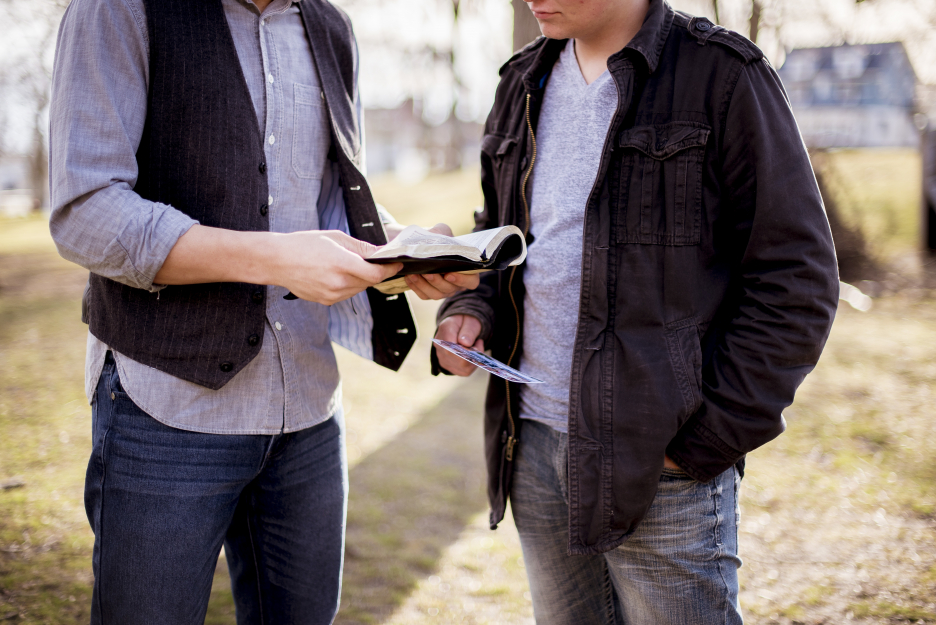Rushmoor Council Withdraws Proposed Ban on Christians Street Preachers

In March 2025, Rushmoor Borough Council applied for a court order that would have significantly restricted public expressions of Christian faith—including prayer, singing, and the distribution of religious literature. Following public backlash and engagement with local churches and legal representatives, the Council withdrew the proposed injunction.
The decision to abandon the application came after extensive dialogue with legal experts and faith communities, who raised serious concerns about the scope, legality, and proportionality of the proposed restrictions.
The injunction, had it been granted, would have curtailed a wide range of religious activities in the town centres of Aldershot and Farnborough. These included praying in public without prior authorisation, initiating religious conversations with strangers, handing out Bibles or Christian leaflets, and using amplifying equipment for preaching. The Council cited complaints from members of the public who reported feeling "alarmed" or "distressed" by the presence and conduct of street preachers, including alleged offensive remarks and excessive noise.
The proposed restrictions were widely criticised for their vague wording and expansive reach, raising concerns about the potential criminalisation of routine religious practices. Legal analysts and Christian leaders warned that the measures lacked legal precision, risked being applied in a discriminatory manner, and posed a serious threat to freedom of expression and religion under domestic and international human rights law.
In response to the criticism and following meetings with local churches, Rushmoor Borough Council confirmed it would not proceed with the injunction. Instead, the Council announced plans to collaborate with Christian groups to develop a voluntary code of conduct for street preaching and other forms of public religious engagement.
The Rushmoor case mirrors a broader trend across the UK. In 2023, the London Borough of Hillingdon introduced a Public Spaces Protection Order (PSPO) that restricted a range of religious activities, including distributing literature, using amplification devices, publicly displaying Bible verses, and imposed fines of up to £1,000. Although a local church successfully challenged a previous council ban on public preaching, the Hillingdon PSPO reflects a growing tendency among local authorities to regulate religious expression in public spaces.
Both cases illustrate a concerning shift towards the use of legal mechanisms—such as injunctions and PSPOs—to limit public religious expression, particularly in urban areas. While councils argue they are responding to public complaints, critics contend these approaches risk undermining fundamental freedoms. According to international human rights standards, any restriction on the public manifestation of religion must be prescribed by law, pursue a legitimate aim, and be necessary and proportionate—criteria that were not clearly met in the Rushmoor proposal.
The Council’s withdrawal of the injunction is a welcome development, but it does not erase the troubling precedent of seeking to prohibit core expressions of religious faith. As local evangelist Jamie Broadey stated: “We welcome the news that the council has withdrawn its application, but it is highly concerning that they made this attempt to criminalise the Christian faith in the first instance.”
Source: GBNews; Christians in Crisis; Christian Today; Rushmoor Borough Council; Christian Concern; The Christian Institute.
Image: FreePik